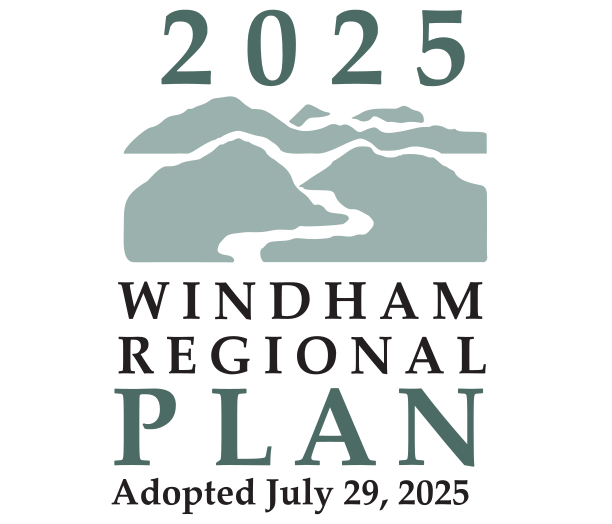educational, cultural, and recreational resources policies
education and library resources
-
Support efforts to increase the availability, affordability, and accessibility of childcare, and in particular for infant programs.
-
Encourage school renovation and building projects in existing developed areas such as downtowns, village centers, and surrounding neighborhoods in order to take advantage of existing infrastructure, encourage walking and bicycling to school where appropriate, and to enhance revitalization of communities.
-
Facilitate town discussions around school consolidation and reuse of former school buildings as requested.
-
Support efforts to provide sufficient funding to modernize school facilities and complete remediation work at schools to address the presence of contaminants, such as PCBs and PFAS.
-
Support efforts to retain the public and private libraries in our towns. Libraries are important pieces of social infrastructure, they provide free and open access to materials and technology , they offer safe, welcoming spaces that foster independent and community-based learning, they nurture public trust and support life long education, and they empower diverse communities.
-
Support BDCC’s workforce development programs which work with educational organizations and employers and are designed to train young people for employment opportunities and to attract others, including new Americans, to the region.
cultural and historical resources
-
Foster and encourage a vibrant local arts and cultural community through assistance and support for local arts and cultural facilities, organizations, education, art marketing, and distribution efforts.
-
Protect places of outstanding educational, aesthetic, archeological, or historical value from adverse impacts and require mitigation measures when they cannot be avoided. Encourage preservation of significant historic sites or structures through support of ownership, protective easements, and/or other regulatory options.
-
Support local, regional, and State non-profit historic preservation trusts and private property owners’ efforts in the rehabilitation and adaptive reuse of significant historic sites and structures.
recreational resources
-
Provide varied and accessible opportunities for outdoor recreation.
-
Facilitate the orderly development of needed public and private recreational facilities and resorts.
-
Recognize the recreational potential of watercourses and shorelines and encourage provision of facilities for sustainable water-oriented day use that does not impair the resource or related habitat.
-
Protect existing trail corridors with a focus on sustainable trail systems.
-
Work with towns to manage and utilize Class 4 roads and other public rights-of-way for future trail development and public access.
-
Support federal, state, and local acquisition and management of land and facilities well-suited for outdoor recreation.
-
Support increasing public opportunities for multiple-use recreation and for public access to recreation lands. Ensure provision of separate areas or facilities for conflicting uses of recreational resources when such conflicts create safety hazards or significantly impair the use or enjoyment of the resource.
-
Encourage the development of wayfinding signage and other ways to increase access of recreational resources and equity of access.
-
Promote expanding accessibility of recreation resources for people with mobility issues and our aging population.
